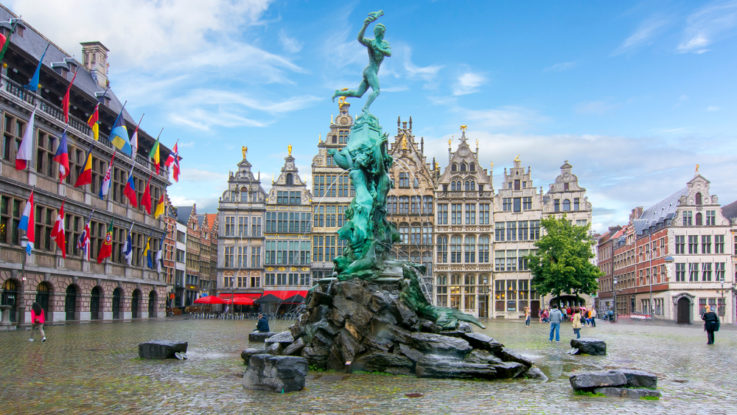
The city of Antwerp in Belgium has successfully completed a pilot project to collect environmental data and analysis relating to air and noise pollution. The project is part of the city’s goal to improve the quality of life for urban residents.
The city worked with the Swiss startup Sparrow to conduct the pilot study, equipping 20 city service vehicles with nodes to map air quality, traffic density, and road surface conditions. According to Sparrow, its nodes are certified by the Swiss Meteorological Institute, can be installed on the roof of vehicles, and have been designed to the highest technology specification – featuring sensors (particulate matters) PM10, PM 2.5 and PM1. The sensors detect NO2, O3, CO, and CO2 gases; measure noise levels, vibration and acceleration measurement; assess road quality, along with temperature, relative humidity, and atmospheric pressure. It’s expected that by collecting data for each of these elements simultaneously accurate measurements be recorded, and connections will also be discovered through data analysis – such as the impact on noise or air quality when driving over a road surface in poor condition.
The city also shared the results with urban residents, giving them the ability to use real-time pollution data to support everyday decisions, such as when to go for a daily run, which neighborhoods are noisiest, and finding the least polluted route for a commute.
“We are delighted to see our Sparrow nodes recording environmental parameters in Antwerp,” said Maxim Interbrick, co-founder of Sparrow. “Our devices will prove invaluable to city leaders, governing bodies, and politicians, who will be able to make decisions based on real-time data and insights to improve the quality of city life, by taking targeted measures to eliminate or dilute sources of pollution.”